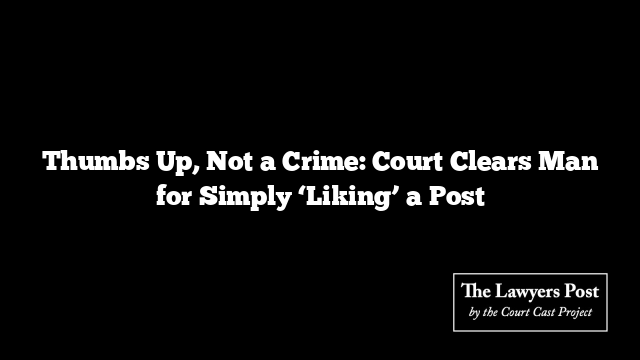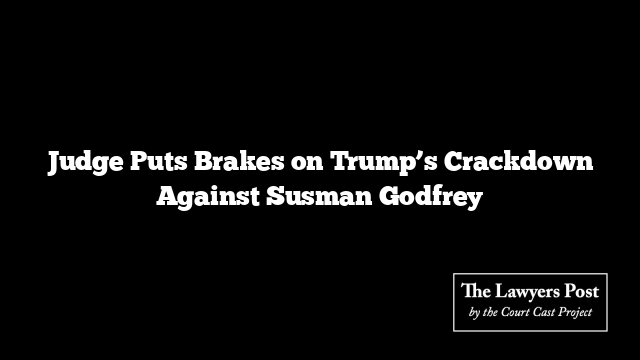In a ruling that may bring some clarity—and relief—to social media users across India, the Allahabad High Court has declared that merely liking a post online does not amount to “publishing” or “transmitting” it under Indian law. And no, it won’t land you in jail under Section 67 of the IT Act.
The case? A man named Imran Khan, accused of digitally fueling an unlawful assembly by liking a protest-related post made by someone else. According to authorities, the post encouraged people to gather at the collectorate to submit a memorandum to the President. Khan didn’t write it, share it, or even comment on it—he just hit the like button. Yet, he found himself tangled in criminal proceedings, including a charge under a law usually reserved for obscene content.
But the Court wasn’t buying it.
Justice Saurabh Srivastava broke it down with precision: “Liking a post doesn’t amount to publishing or transmitting it,” he said, adding that Section 67 of the IT Act specifically targets material that is “lascivious” or panders to “prurient interest”—basically, sexual content—not provocative speech.
Khan’s defense pointed out that no objectionable content was found on his Facebook. Police countered that he might’ve deleted it, though they claimed to find similar messages floating around WhatsApp and elsewhere. Even so, the Court said: no dice.
What mattered, the judge noted, was that the accused didn’t create or share the post—he merely “liked” it. And under the law, that doesn’t cut it.
“Section 67 is not a net to catch provocative opinions,” the Court clarified. “Its scope is restricted to obscene content.”
With that, the case against Khan was dismissed in full. The Court found no basis for any criminal offense, and the social media like—often just a reflexive tap—was firmly declared a non-crime.
A small click, a big sigh of relief.





